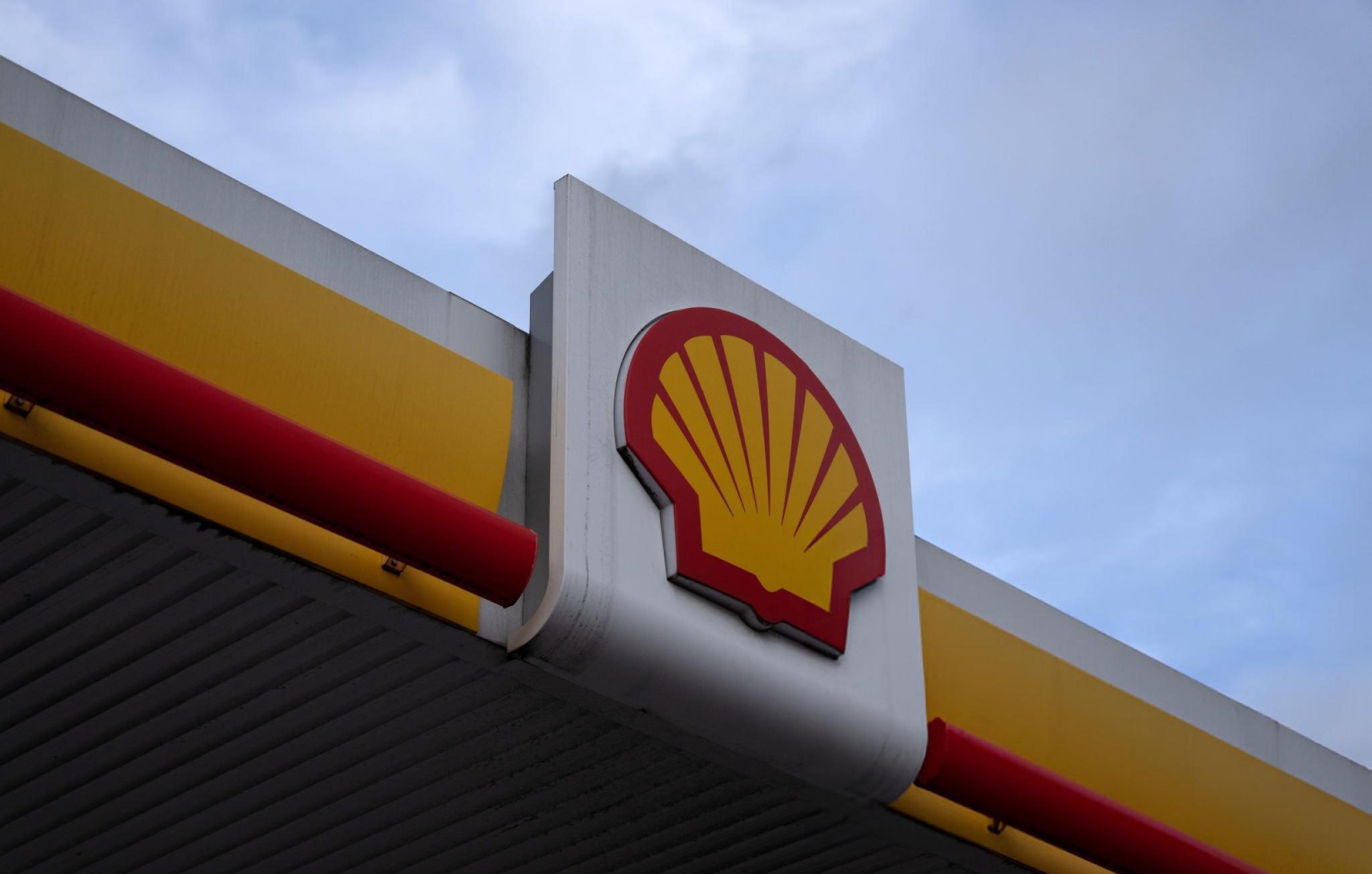Shell Reveals Lower Profits After Slump in Oil PricesOil giant remains upbeat despite 28% dip in earnings, pushing ahead with shareholder returns and LNG expansion
LONDON — Shell has reported a significant fall in quarterly profits after a drop in global oil prices, but the energy giant insists it remains on solid footing as it presses forward with investment plans and shareholder rewards.
The FTSE 100-listed oil major said on Friday that adjusted earnings for the first quarter of 2025 fell to 5.58 billion US dollars (£4.19 billion), down 27.9% compared to the same period last year. However, the figures still beat analysts’ expectations and were an improvement on the previous quarter’s performance.
The results come as oil markets remain unsettled, with prices declining amid concerns over the pace of global economic growth and the potential impact of geopolitical tensions on energy demand. Shell noted the “volatile” market backdrop in its update to shareholders.
The company also revealed it had taken a hit from the UK’s energy profits levy, commonly referred to as the windfall tax, with a related charge of 509 million US dollars (£382 million) weighing further on quarterly profits.
Despite the drop, Shell confirmed that it will maintain its ongoing shareholder rewards. A new tranche of share buybacks worth 3.5 billion dollars (£2.63 billion) will be carried out over the next three months, while its dividend strategy remains unchanged.
Chief executive Wael Sawan remained upbeat in the face of the headwinds, saying: “Shell delivered another solid set of results in the first quarter of 2025. We further strengthened our leading LNG business by completing the acquisition of Pavilion Energy, and high-graded our portfolio through the divestment of our Nigeria onshore and Singapore Energy and Chemicals Park assets.”
He added: “Our strong performance and resilient balance sheet give us the confidence to commence another 3.5 billion dollars of buybacks, consistent with the strategic direction we set out at our capital markets day in March.”
In that March strategy update, Shell unveiled plans to strip out between five and seven billion dollars in costs annually by the end of 2028. The firm said the savings would come from more efficient operations and tighter capital discipline, aimed at strengthening long-term returns for investors.
Friday’s announcement indicates the group is sticking closely to that roadmap despite the earnings dip, focusing on boosting its liquefied natural gas (LNG) portfolio and restructuring its global operations.
Shell’s continued focus on LNG is seen as a key pillar of its transition strategy, given the global shift towards lower-carbon energy sources. The acquisition of Pavilion Energy, a Singapore-based LNG company, is expected to bolster Shell’s market position in Asia — a key growth region.
The market reacted positively to the update, with shares in Shell climbing 2.8% in early trading. Analysts suggested investors were reassured by the company’s continued commitment to buybacks and its relatively strong position in the face of falling commodity prices.
Russ Mould, investment director at AJ Bell, remarked: “Shell has the advantage at the moment that, for any of the difficulties it faces, it can just point its finger down the road at BP and say, ‘at least we’re not as bad as that’.”
“This trend of being flattered by comparison with its London-listed counterpart continued with first-quarter results. Yes, profit was lower thanks to easing commodity prices, but it announced a fourteenth consecutive quarter of at least three billion dollars in share buybacks.”
As Shell steers through a turbulent energy market, its ability to maintain investor confidence while transitioning towards more sustainable operations will be closely watched. For now, shareholders seem content with the balance of caution and commitment being struck by the oil giant.






